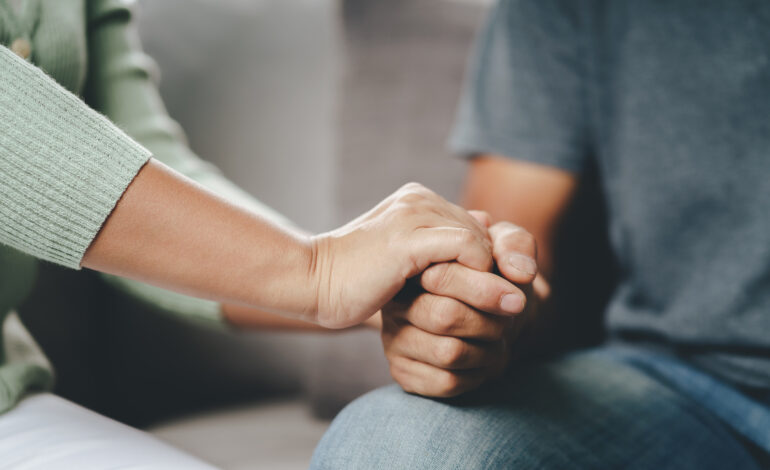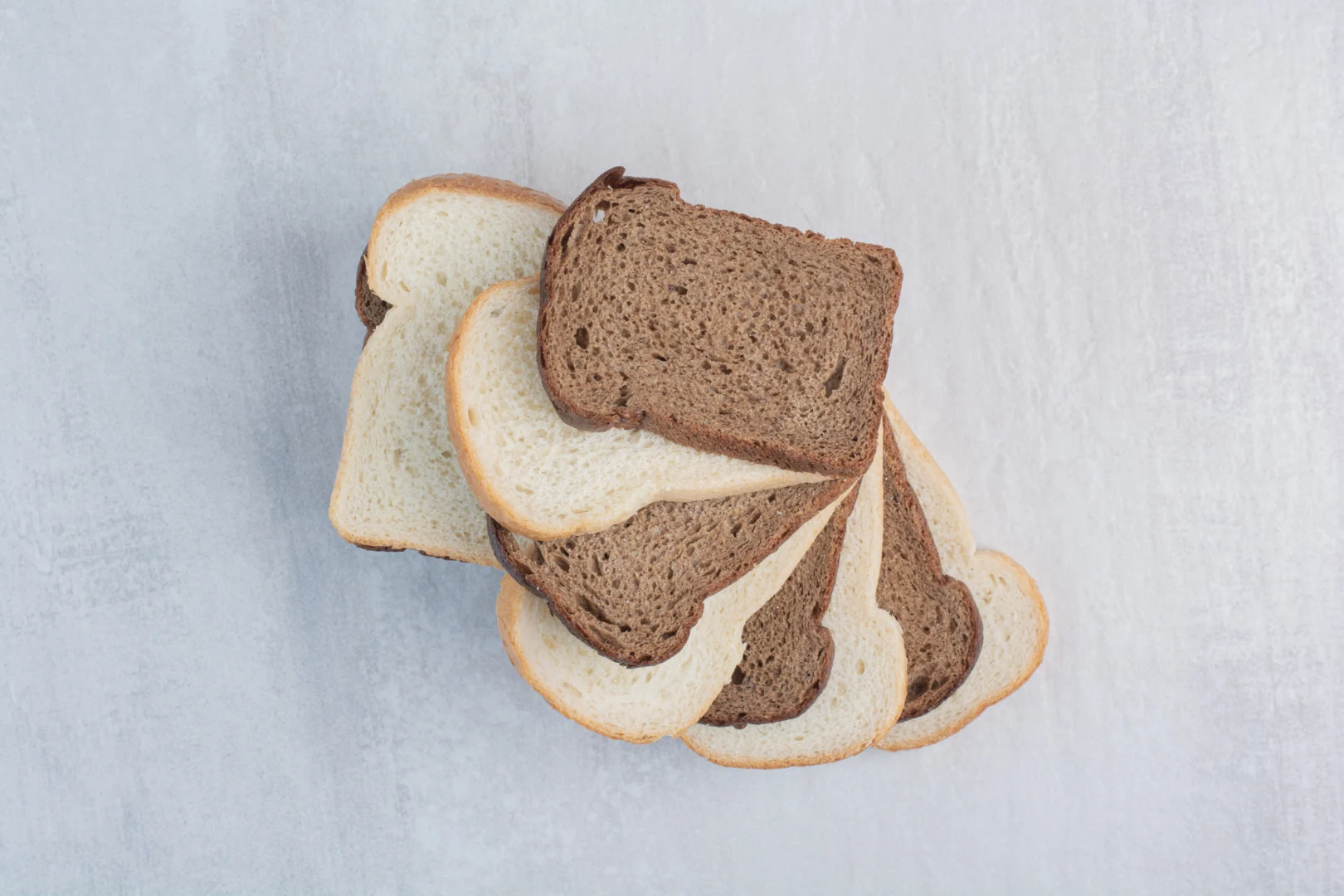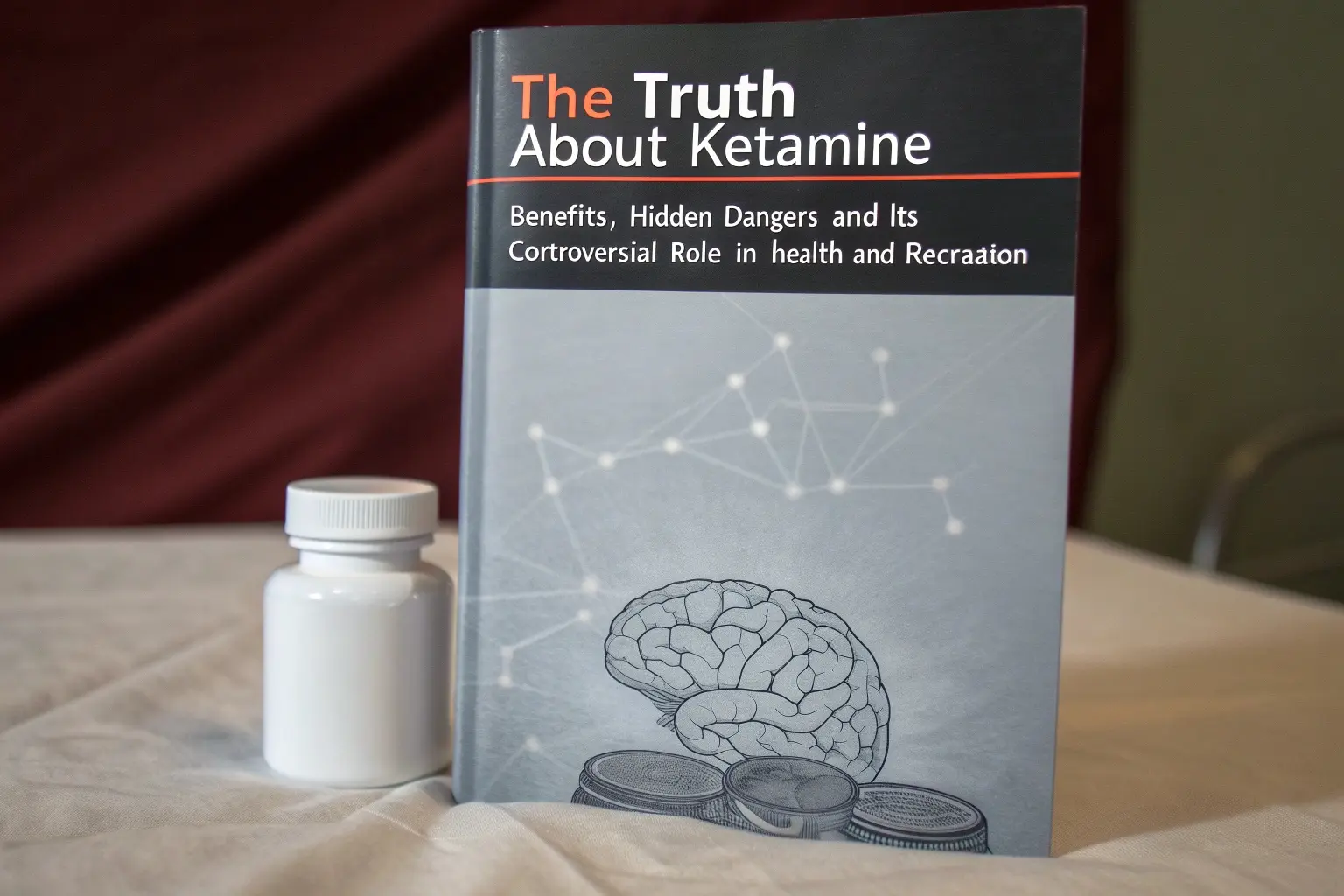The Things We Carry: A Personal Story About Health and Hardship
When survival is your full-time job, self-care feels like a luxury.

When you’re barely getting by, your health isn’t always the first thing on your mind. In fact, it can sometimes feel like the last thing you can afford to focus on. I know this because I’ve lived it. I’m Lena, and I’ve spent years juggling two jobs, raising three kids, and working hard to make sure we all have what we need to get through each day. But all of that comes with a cost. And I’m not talking just about money. Living in this situation exposes you to the many low-income health challenges that make staying well even harder.
Why Do We Ignore Pain When Life Is Hard?
It started as a dull ache in my side. Nothing too serious at first — just a reminder that I’m always on my feet, always moving. I pushed through it, figuring it would go away like everything else does. But it didn’t.
For weeks, I told myself it was nothing. I thought maybe I slept wrong or pulled something lifting heavy boxes at work. I ignored it, like I’ve learned to do with most things that hurt — because there’s no room to stop. There’s no time to rest when you’re living paycheck to paycheck, juggling responsibilities, and always feeling like you’re one misstep away from losing it all. These are the hidden realities of low-income health challenges that many people face every day. But as the weeks went on, the pain didn’t go away. It got worse. And I found myself asking, What happens if this is something I can’t ignore?
What Happens When You Can’t Afford to Get Sick?
Living in poverty doesn’t just affect your finances — it affects your health. We hear a lot about how poverty impacts children, but we rarely talk about how it impacts adults trying to survive. I’ve learned that when you can’t afford to get sick, your body becomes a battleground. I had no health insurance, and the idea of going to a doctor seemed like a luxury I couldn’t afford.
I didn’t know how to ask for help. I didn’t have the resources to get checked out. Every time I considered going to the doctor, I thought about how I’d have to miss work. And what would happen if I didn’t get paid? Rent would be late. Food would be scarce. My kids would have to go without something. These are some of the common low-income health challenges that make seeking medical care feel impossible. So, I kept going, hoping the pain would go away, but it only got worse. It’s a terrifying feeling, living with constant fear that something’s wrong, but knowing you don’t have the means to get answers. That’s what people like me face every day.
How Can You Find Medical Help Without Health Insurance?
Eventually, the pain became too much to ignore. One Saturday night, I felt lightheaded, my body
exhausted in a way I couldn’t explain. I knew I had to go to a clinic, but I hesitated, wondering if I could really afford to go. But I went, driven by the fear that I couldn’t wait any longer.
At the clinic, the nurse ran some tests and informed me that my blood pressure was dangerously high and that I had signs of liver issues. The relief I felt wasn’t because I was happy to be diagnosed — it was because, at least now, I knew what was wrong. But the weight of what this meant in terms of next steps was still hanging over me. What if I couldn’t afford the medicine or the follow-up care? What if I couldn’t make time to take care of myself with two jobs and three kids?
Even though I found care that day, I felt the heavy weight of our healthcare system — a system that wasn’t built for people like me. Low-income health challenges are compounded when the system doesn’t accommodate people without resources, time, or support. It wasn’t built for those of us who can’t afford to take time off work to recover, who can’t pay for expensive prescriptions, and who don’t have family members to lean on.
What Are the Economic Impacts of Illness in Low-Income Families?
For people living paycheck to paycheck, getting sick isn’t just a physical problem — it’s an economic one. The reality is that low-income individuals are more likely to report poor health. People who live below the poverty line face 5 timesthe risk of experiencing chronic conditions like heart disease, diabetes, and chronic stress. Many people, like me, live with these conditions without ever getting the treatment they need because we don’t have access to affordable care.
Read About: What He Wouldn’t Talk About: A Woman’s Look Into Prostate Health
It’s not that we don’t want to be healthy. We do. It’s just that when you’re constantly wondering how to pay rent, buy groceries, and keep your kids in school, your own well-being takes a backseat. So you work through pain. You push through stress. You ignore the warning signs until it becomes too much to handle.
How Can You Stay Healthy on a Tight Budget?
The reality is, when you live with limited resources, staying healthy isn’t easy. But it’s possible. I’ve learned that health isn’t just about what you can afford — it’s about making small, intentional changes that add up over time.
- Move your body as much as you can – I don’t have a gym membership, but I walk when I can. I walk my kids to school, I walk to the store, I walk just to clear my mind. It doesn’t have to be an hour-long workout — it can be as simple as moving for 20 minutes a day.
- Watch what you eat – It’s not about expensive organic foods or fancy diets. It’s about making better choices where you can. I try to buy canned vegetables and beans, frozen fruits, and foods that tretch across multiple meals. They may not be fancy, but they help keep us healthy and full.
- Don’t ignore your mental health – I know it’s hard when you’re constantly stressed about survival. But I’ve learned that my mental health is just as important as my physical health. Even if it’s just five minutes of deep breathing before bed, or talking to someone about my worries, it helps.
- Take advantage of resources – I didn’t know how many free clinics or discounted medications were out there until I needed them. There are programs that help with prescriptions, mental health services, food, and even medical visits. These resources helped me when I couldn’t afford to pay out-of-pocket for care.
What Resources Exist for Affordable Health Care and Support?
If you’re reading this and you’re in the same situation, please know that there are resources out there to help. You don’t have to do this alone. Here are some places that have helped me — and could help you, too:
- Free or Sliding Scale Clinics – Many clinics offer healthcare for people without insurance or who can’t afford full-price care. Look for clinics in your area that offer services based on your income.
- Prescription Assistance Programs – Websites like GoodRx offer coupons and discounts to help lower the cost of medications. Many pharmaceutical companies also offer patient assistance programs to help cover the cost of medicine.
- Food Pantries and Support – Community food banks and organizations like Feeding America provide free meals and food for families who need help.
- Mental Health Support – There are hotlines and support groups that offer free counseling and mental health resources, especially for those in high-stress situations.
You Are Not Alone
I want to end by telling you this: If you’re struggling with your health and wondering how you’re going to manage, please don’t give up. I know it feels like you’re invisible, like your needs don’t matter, but you are seen.
You deserve to be healthy. You deserve care. You don’t have to choose between keeping a roof over your head and keeping yourself well. There is help out there, even if it doesn’t always feel like it.
If I can keep going — if we all can keep going — we’ll get there, one step at a time. Don’t ever think you’re alone in this. Addressing low-income health challenges is difficult, but with support and resources, it is possible to reclaim your health.








